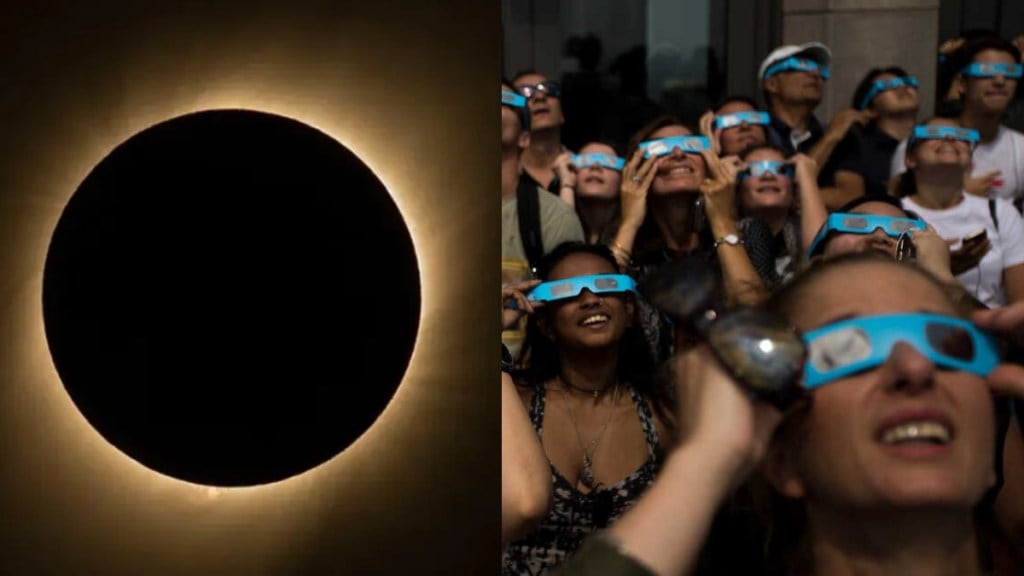If you have been scrolling through TikTok or X recently, you have probably seen viral posts claiming that a total solar eclipse, being called the “eclipse of the century,” is happening today, August 2, 2025. Some even claim Earth will be plunged into darkness for over six minutes.
Is the sky going dark today?
Let us break down the facts based on verified data from NASA and professional astronomers. No, the world is not going dark today. Despite what social media says, NASA confirms that there is no solar eclipse visible anywhere in the world on August 2, 2025. The trending hashtags like #AugustEclipse2025 are misleading and lead to confusion. Today’s date holds no astronomical significance when it comes to eclipses. The online frenzy is based on misinformation often spread by vague or misleading content that only mentions “August 2” without the year.
A 2027 eclipse taken out of context
The confusion likely began with a real celestial event but not for this year. A total solar eclipse is set to occur on August 2, 2027, and it will indeed be one of the longest of the century. An article published in July 2025 by The Daily Galaxy titled “The World to Go Dark for Six Minutes in August” helped amplify the confusion. Though the story referred to the 2027 eclipse, it never mentioned the year clearly leaving many to assume it was happening this August.
When is the next real eclipse?
Several significant solar eclipses are on the horizon. On September 21, 2025, a partial solar eclipse will be visible in parts of Australia, Antarctica, and nearby oceanic regions. This will be followed by an annular solar eclipse on February 17, 2026, which can be seen from Antarctica, parts of Africa, South America, and surrounding oceans. Later that year, on August 12, 2026, a total solar eclipse will occur, best viewed in Greenland, Iceland, Spain, and parts of Russia. But the most anticipated event is the total solar eclipse on August 2, 2027, expected to last up to 6 minutes and 23 seconds making it one of the longest and most spectacular eclipses of the century.

